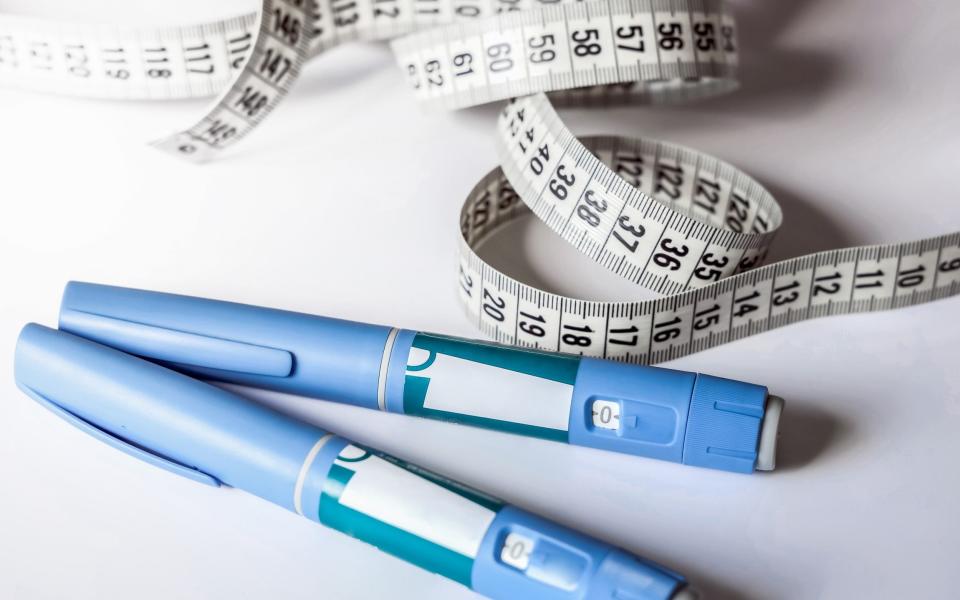Nestlé reformulates its food for Ozempic and Wegovy users

Nestlé is launching a new range of protein-enriched pastas and pizzas for people taking weight-loss drugs, amid fears treatments like Wegovy will hammer sales.
The food maker, whose brands include KitKat, Häagen-Dazs and Nescafé, has created a new line of products to give people taking anti-obesity treatments “the right nutrition – high protein, good fibre, the right minerals”.
The range, which will launch in the US later this year, is expected to include frozen pizzas, toasted sandwiches and pizza bowls, Reuters reported.
Nestlé bosses said the products have been developed specifically for people on GLP-1 drugs, such as Wegovy and Ozempic, a diabetes treatment which is used off-label to treat obesity.
These “miracle” drugs have been shown to be hugely effective at helping people lose weight by suppressing appetite.
Research suggests that people on the treatments consume as much as 30pc fewer calories.
Morgan Stanley found that patients taking the treatments cut back significantly on both alcoholic and sugary non-alcoholic drinks, with consumption falling by 63pc and 65pc respectively.
It has sparked fears among investors that food companies could see their sales suffer significantly.
America’s biggest supermarket Walmart said last year it had seen a “slight pullback” in how much people were putting in their baskets, blaming the dip on more people taking obesity drugs.
Nestlé said last year that it expected the emergence of weight-loss injections to hurt its sales.
Chief executive Mark Schneider said: “In our case, that will be the frozen food side of things, confectionary and to some extent ice cream.”
Studies show GLP-1 treatments lead people to lose both muscle and fat, and Nestlé said its new protein-packed products would help patients maintain muscle while losing fat.
Sales of obesity injections have surged over the past year, with one in four US adults trying a GLP-1 treatment.
In the UK, as many as 50,000 people are expected to be eligible for Wegovy on the NHS, although maker Novo Nordisk is still struggling with supply shortages. It has been rapidly ramping up capacity.
AstraZeneca boss Pascal Soriot earlier this year said pharmaceutical companies needed to get better at creating obesity drugs that helped patients to lose “more fat and less muscle”.

 Yahoo Finance
Yahoo Finance 